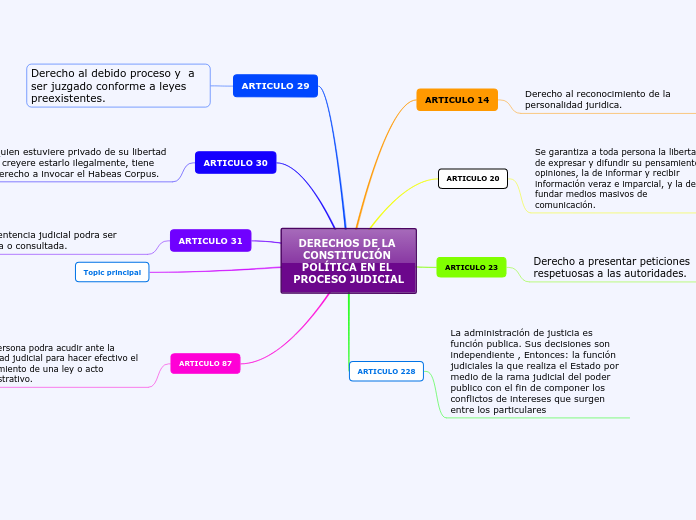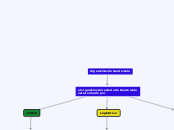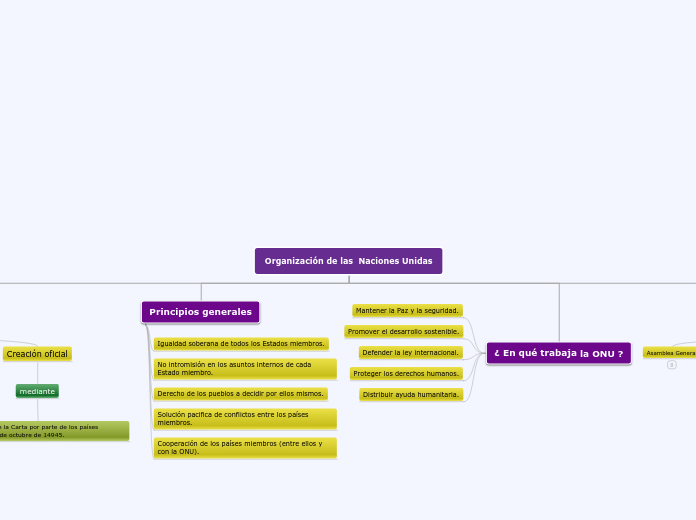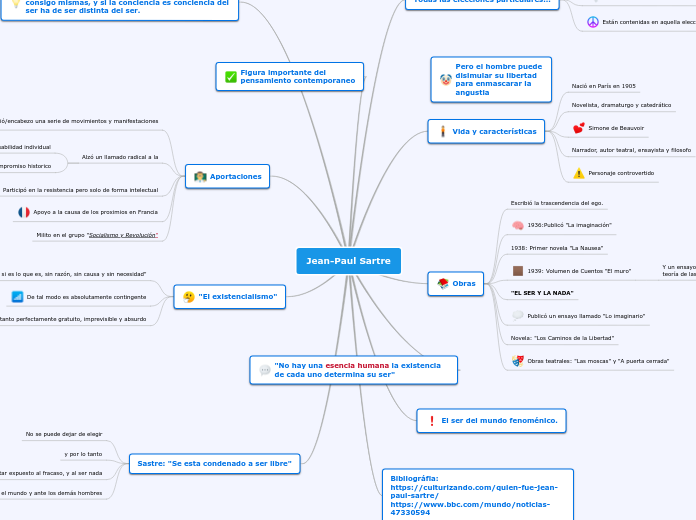DERECHOS DE LA CONSTITUCIÓN POLÍTICA EN EL PROCESO JUDICIAL
A noun is a word that functions as the name of some specific thing or set of things, such as living creatures, objects, places, actions, qualities, states of existence, or ideas.
ARTICULO 87
Compound nouns are words where two nouns have been stuck together to make a new noun. Compound nouns should be written as one word, without a hyphen.
Toda persona podra acudir ante la autoridad judicial para hacer efectivo el cumplimiento de una ley o acto administrativo.
Topic principal
ARTICULO 31
Generic nouns are nouns that are part of a generic statement. Generic nouns can be singular or plural. The opposite of generic nouns is collective nouns.
The difference between definite/indefinite and generic nouns is that in the sentence there must be a blanket statement or question.
Toda sentencia judicial podra ser apelada o consultada.
ARTICULO 30
A concrete noun is a noun that can be identified through one of the five senses (taste, touch, sight, hearing, smell).
Quien estuviere privado de su libertad y creyere estarlo ilegalmente, tiene derecho a invocar el Habeas Corpus.
ARTICULO 29
A noun which cannot be identified by using one of the five senses (taste, touch, sight, hearing, smell).
Derecho al debido proceso y a ser juzgado conforme a leyes preexistentes.
ARTICULO 228
La administración de justicia es función publica. Sus decisiones son independiente , Entonces: la función judiciales la que realiza el Estado por medio de la rama judicial del poder publico con el fin de componer los conflictos de intereses que surgen entre los particulares
ARTICULO 23
Countable nouns are nouns that can be counted, even if the number might be extraordinarily high.
Uncountable nouns are nouns that come in a state or quantity which is impossible to count; liquids are uncountable, as are things which act
like liquids.
Derecho a presentar peticiones respetuosas a las autoridades.
ARTICULO 20
Se garantiza a toda persona la libertad de expresar y difundir su pensamiento y opiniones, la de informar y recibir información veraz e imparcial, y la de fundar medios masivos de comunicación.
ARTICULO 14
A noun which refers to a group of things/people.
Derecho al reconocimiento de la personalidad juridica.









